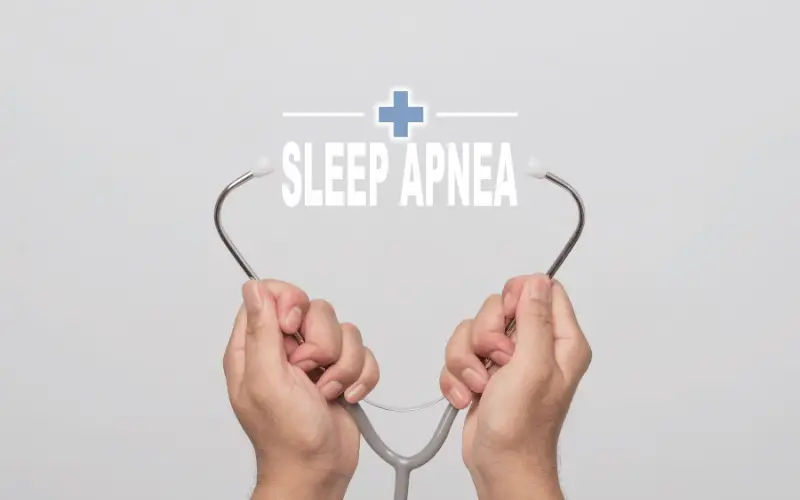Introduction: The Unseen Disruptor of Sleep

Sleep – a state of rest we often take for granted until something disrupts its delicate rhythm. In the realm of sleep disorders, Central Sleep Apnea (CSA) lurks as an unseen, often undiagnosed culprit, causing sleepless nights and restless days for countless individuals. Contrary to common belief, CSA doesn’t merely manifest as heavy snoring or gasping for breath; its range of symptoms is vast, some even subtle enough to be dismissed as mere inconveniences.
CSA’s distinct nature sets it apart from the more commonly discussed Obstructive Sleep Apnea (OSA). Unlike OSA, where physical blockages hinder breathing, CSA stems from the brain’s failure to send appropriate signals to muscles controlling respiration. Imagine the intricate dance between the brain and our respiratory system, where every pause and signal is meticulously timed. In CSA sufferers, this dance is interrupted, resulting in periodic pauses in breathing. This article dives deep into the ten defining symptoms of CSA, shedding light on a disorder that, if left unchecked, can drastically reduce one’s quality of life.
Sleep is foundational to our well-being. It rejuvenates, restores, and prepares us for the challenges of the day ahead. Hence, understanding and recognizing anything that jeopardizes this vital rest can be life-changing. Whether you’re a concerned individual, a family member of someone you suspect has CSA, or just curious about this disorder, this detailed exploration aims to provide clarity. Knowledge, after all, is the first step towards proactive action.
Symptom 1: Shortness of Breath during Sleep

Central Sleep Apnea’s ability to throw one’s respiratory rhythm off balance often manifests as sudden episodes of halted breathing during sleep. Imagine resting peacefully, and then, as if an unseen hand clasped your throat, you’re jolted awake, gasping for breath. Such episodes, technically known as “apneas”, punctuate the night of someone suffering from CSA. The root cause? The brain momentarily dropping the ball on signaling the muscles to breathe.
Now, this isn’t just a minor hiccup in your nightly routine. Every episode carries with it the danger of reducing oxygen levels in the bloodstream. Over time, this oxygen deprivation can lead to other severe health issues. The body isn’t designed to handle these abrupt breaks in breathing, and each instance is a stark reminder of that.
The sleeper might not even be consciously aware of these episodes. On some nights, they might experience it multiple times, with each episode lasting from a few seconds to even minutes. Over time, this can lead to significant sleep deprivation and its associated woes.(1)